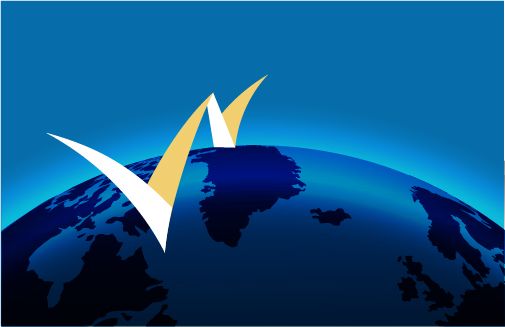

What If Consulting

Nouvelle-Aquitaine, France
September 2023
Management consultant - for-profits
Service with Minor Environmental Footprint
Belgium,
Canada,
China,
Denmark,
Finland,
France,
Germany,
India,
Italy,
Japan,
Malaysia,
Mexico,
Monaco,
Morocco,
Netherlands The,
New Zealand,
Norway,
Singapore,
South Africa,
South Korea,
Spain,
Sweden,
Switzerland,
Taiwan,
United Kingdom,
United States
Accélérer votre transition vers une organisation profitable dans tous les sens du terme (bénéfices financiers, sociaux, culturels, économiques, écologiques, humains), respectueuse de la planète et de ses ressources en travaillant avant tout le management et la culture du changement, la proposition de valeur, l'anticipation de l’évolution des marchés, en développant la connaissance sans cesse, en menant des actions concrètes et mesurables en lien avec le bilan des gaz à effet de serre.
Overall B Impact Score
Governance 22.3
Governance evaluates a company's overall mission, engagement around its social/environmental impact, ethics, and transparency. This section also evaluates the ability of a company to protect their mission and formally consider stakeholders in decision making through their corporate structure (e.g. benefit corporation) or corporate governing documents.
What is this? A company with an Impact Business Model is intentionally designed to create a specific positive outcome for one of its stakeholders - such as workers, community, environment, or customers.
Community 34.5
Community evaluates a company’s engagement with and impact on the communities in which it operates, hires from, and sources from. Topics include diversity, equity & inclusion, economic impact, civic engagement, charitable giving, and supply chain management. In addition, this section recognizes business models that are designed to address specific community-oriented problems, such as poverty alleviation through fair trade sourcing or distribution via microenterprises, producer cooperative models, locally focused economic development, and formal charitable giving commitments.
Environment 12.6
Environment evaluates a company’s overall environmental management practices as well as its impact on the air, climate, water, land, and biodiversity. This includes the direct impact of a company’s operations and, when applicable its supply chain and distribution channels. This section also recognizes companies with environmentally innovative production processes and those that sell products or services that have a positive environmental impact. Some examples might include products and services that create renewable energy, reduce consumption or waste, conserve land or wildlife, provide less toxic alternatives to the market, or educate people about environmental problems.
Customers 28.7
Customers evaluates a company’s stewardship of its customers through the quality of its products and services, ethical marketing, data privacy and security, and feedback channels. In addition, this section recognizes products or services that are designed to address a particular social problem for or through its customers, such as health or educational products, arts & media products, serving underserved customers/clients, and services that improve the social impact of other businesses or organizations.
What is this? A company with an Impact Business Model is intentionally designed to create a specific positive outcome for one of its stakeholders - such as workers, community, environment, or customers.